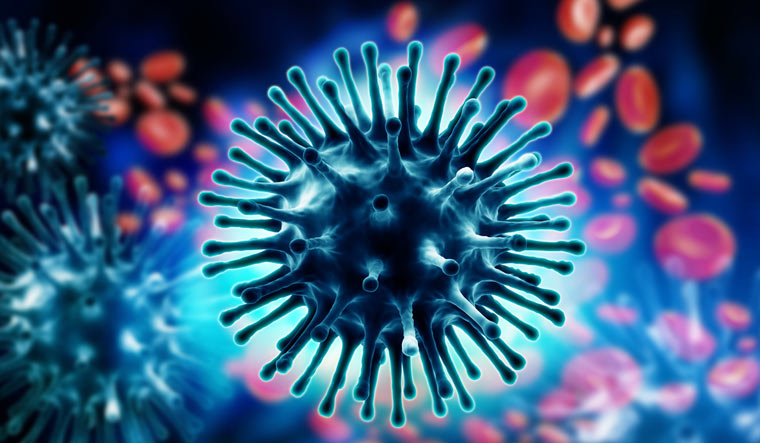With monsoon season round the corner, and detection of avian influenza virus in a person and cattle in the United States, the ministry of health and family affairs is monitoring the spread of respiratory infections. A real-time surveillance of influenza cases such as Severe Acute Respiratory Infections (SARI) reported in hospitals is being kept through Integrated Disease Surveillance Programme (IDSP).
“The ministry is keeping a close watch on the seasonal influenza in states and union territories IDSP network on real-time basis. Young children and old age persons with co-morbidities are the most vulnerable groups in the context of seasonal influenza,” a ministry statement read.
Besides this, the ministry said in view of reports regarding detection of avian influenza virus in cattle and milk in various states of the USA, a video conference was held under the chairmanship of the Director General of Health Services with Maharashtra on Sunday to review the current situation of seasonal influenza. “It was informed by the experts that with use of proper hygienic practices such as boiling of milk and proper cooking of meat at adequate temperature would help in preventing the virus transmission from the product (if the virus is present) to the human beings,” the ministry said.
H5N1 is a type of influenza virus that causes severe respiratory disease in birds but has occasionally been known to jump to humans as well. While the infection has not been easily transmissible in humans so far, the mortality could be as high as 60 per cent when it does. To compare, the mortality rate of Covid-19 was around three per cent even with the most virulent variants.
On the other hand, seasonal influenza is an acute respiratory infection caused by influenza viruses which circulate in all parts of the world. “Since the first case of Influenza A H1N1 detected in 2009, India witnesses two peaks of this seasonal influenza every year: from January to March and post-monsoon. As of now, there has been no abnormal alarming rise in cases of seasonal flu in any part of the country,” the ministry informed. “A close eye is being kept on both H5N1 and H1N1 infections.”



